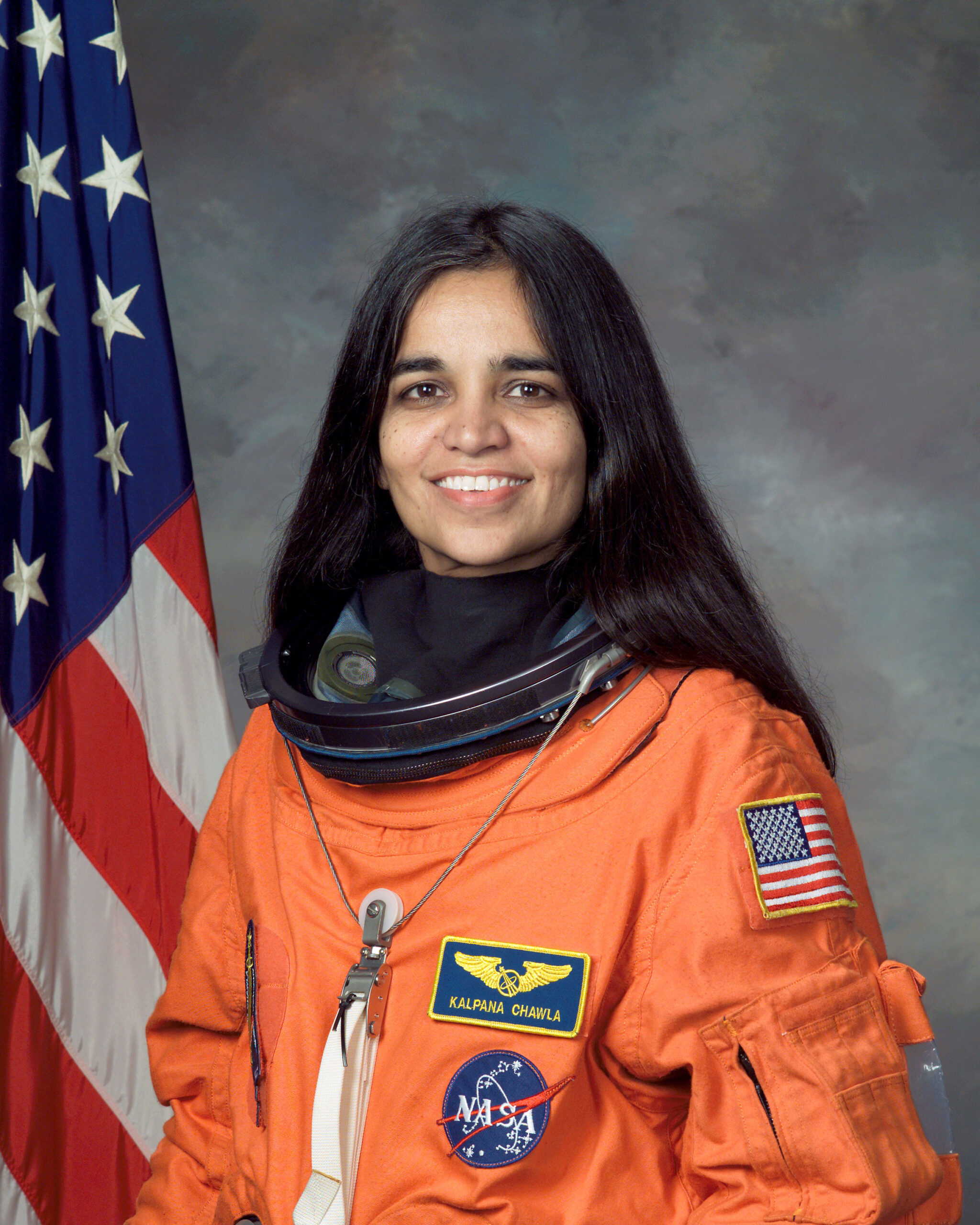Kalpana Chawla, an emblematic figure in the realm of space exploration, captured the imagination of millions around the world with her indomitable spirit and unyielding pursuit of excellence. Born in Karnal, Haryana, India, on July 1, 1961, Chawla’s journey from a small town in India to the vast expanse of outer space is a testament to her resilience, intelligence, and unwavering determination. This article delves into the life, achievements, and enduring legacy of Kalpana Chawla, shedding light on her contributions to space exploration and her enduring impact on future generations.
Early Life and Education
Kalpana Chawla was raised in a middle-class family that placed a strong emphasis on education and learning. From a young age, she exhibited a keen interest in science and mathematics, displaying a natural curiosity about the world and a thirst for knowledge. Despite facing societal norms that often discouraged girls from pursuing careers in STEM (Science, Technology, Engineering, and Mathematics), Chawla remained undeterred in her pursuit of her dreams.
After completing her primary and secondary education in Karnal, Chawla went on to earn a Bachelor of Engineering degree in Aeronautical Engineering from Punjab Engineering College in Chandigarh. Her academic achievements and passion for aerospace engineering paved the way for her to pursue advanced studies in the United States, where she obtained a Master of Science degree in Aerospace Engineering from the University of Texas at Arlington in 1984. She later earned a Ph.D. in Aerospace Engineering from the University of Colorado Boulder in 1988, specializing in the field of Computational Fluid Dynamics.
Career and Contributions
Kalpana Chawla’s career in aerospace engineering and space exploration began to take flight in the late 1980s when she joined NASA’s Ames Research Center as a research scientist. Her expertise in aerodynamics and fluid dynamics made her a valuable asset to the space agency, and she quickly distinguished herself as a talented engineer and researcher.
In 1994, Chawla’s lifelong dream of becoming an astronaut was realized when she was selected for NASA’s Astronaut Corps. She underwent rigorous training and preparation, demonstrating her exceptional skills, physical fitness, and mental acuity. Her dedication and commitment to excellence earned her a place among the elite group of individuals entrusted with the task of exploring the frontiers of space.
Chawla’s first journey into space came in 1997 when she served as a mission specialist on the Space Shuttle Columbia’s STS-87 mission. During the 16-day mission, she conducted a series of experiments and research projects focused on microgravity and its effects on various materials and biological systems. Her contributions to the mission were instrumental in advancing our understanding of the complexities of space travel and paving the way for future scientific endeavors.
In 2001, Chawla made history as the first woman of Indian descent to travel into space twice when she embarked on her second mission aboard the Space Shuttle Columbia as part of the STS-107 crew. Tragically, the mission ended in disaster when the shuttle disintegrated upon re-entry into Earth’s atmosphere, resulting in the loss of all seven crew members, including Chawla. The incident was a profound tragedy that shook the global space community and left an indelible mark on the history of space exploration.
Legacy and Impact
Despite the untimely end to her life, Kalpana Chawla’s legacy continues to inspire and motivate people around the world, especially aspiring astronauts and scientists. Her courage, perseverance, and pioneering spirit serve as a beacon of hope for those who dare to dream of reaching for the stars and pushing the boundaries of human knowledge and exploration.
Chawla’s contributions to space exploration and scientific research have left an enduring impact on our understanding of the universe and the possibilities of human spaceflight. Her dedication to excellence and her unwavering commitment to the pursuit of knowledge serve as a testament to the power of determination and the human spirit.
In recognition of her achievements and contributions to space exploration, Kalpana Chawla has been posthumously honored with numerous awards and accolades, including the Congressional Space Medal of Honor, the NASA Space Flight Medal, and the India Space Research Organization’s Kalpana-1 satellite, named in her honor.
Conclusion
Kalpana Chawla’s life and legacy are a testament to the transformative power of perseverance, passion, and courage. From her humble beginnings in India to her historic journeys into space, she defied the odds and blazed a trail for future generations of astronauts and scientists.
Though she may no longer be with us, Kalpana Chawla’s spirit lives on in the hearts and minds of all who were touched by her remarkable journey. Her legacy serves as a reminder that with dedication, determination, and a willingness to dream big, anything is possible. As we look to the stars and ponder the mysteries of the universe, we are reminded of the enduring legacy of Kalpana Chawla, a true pioneer of space exploration and a shining example of the power of human potential.






